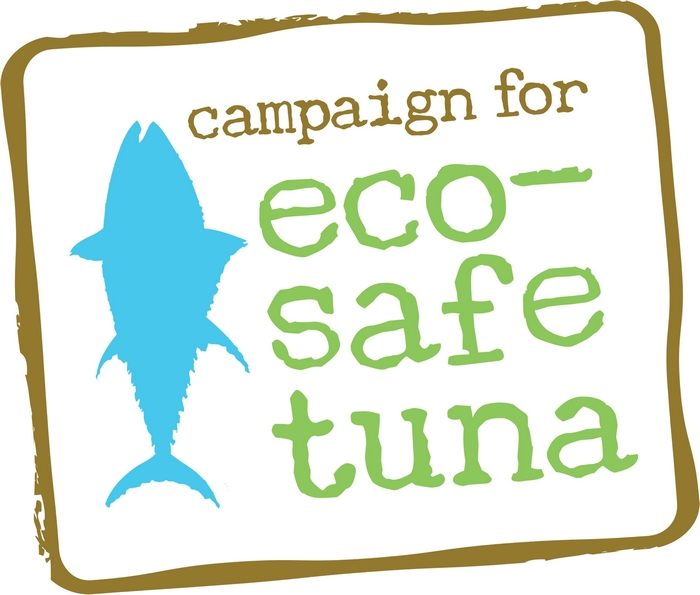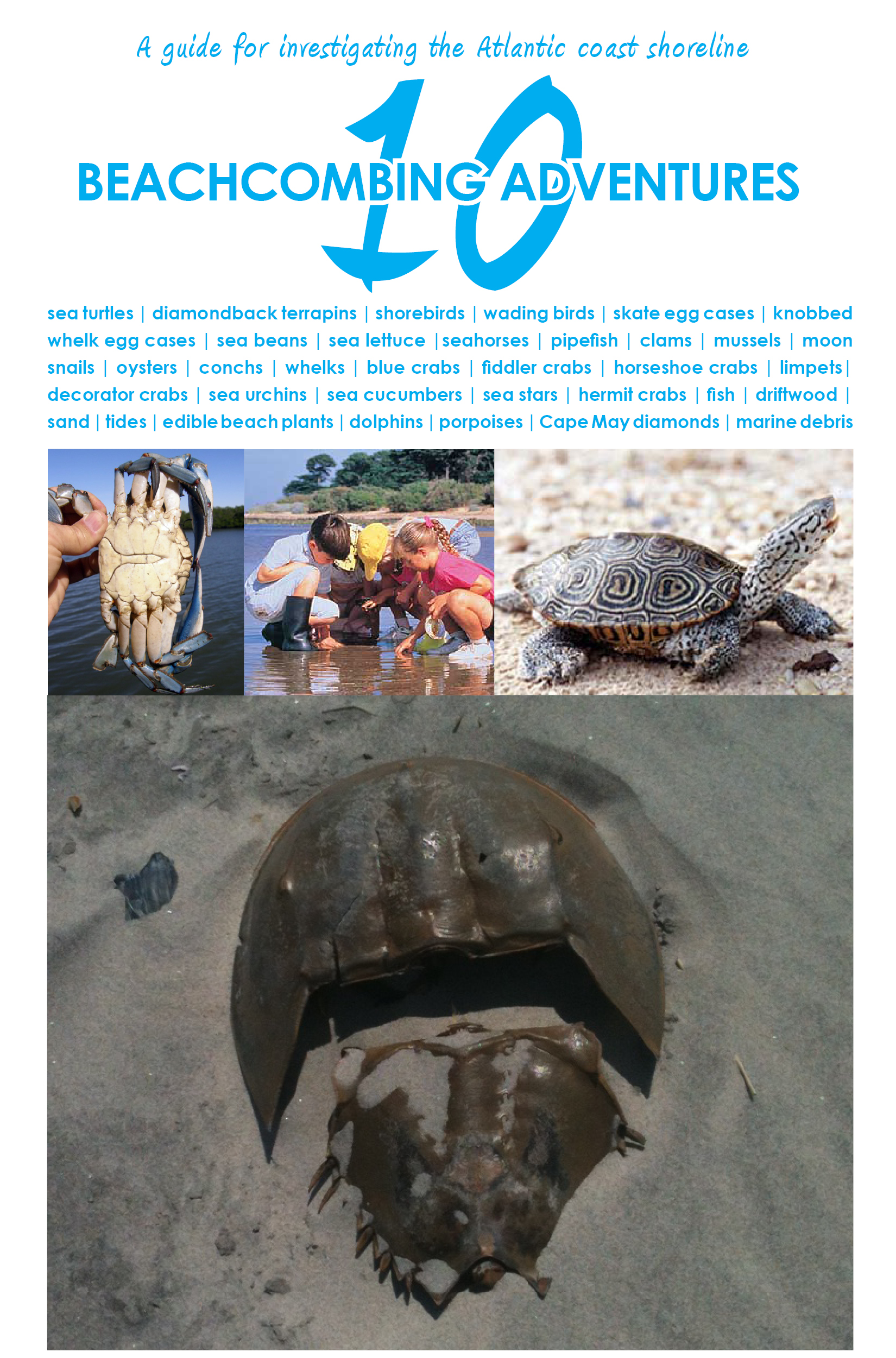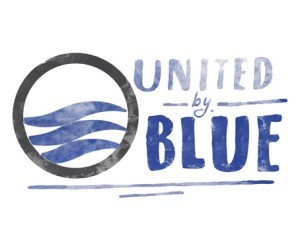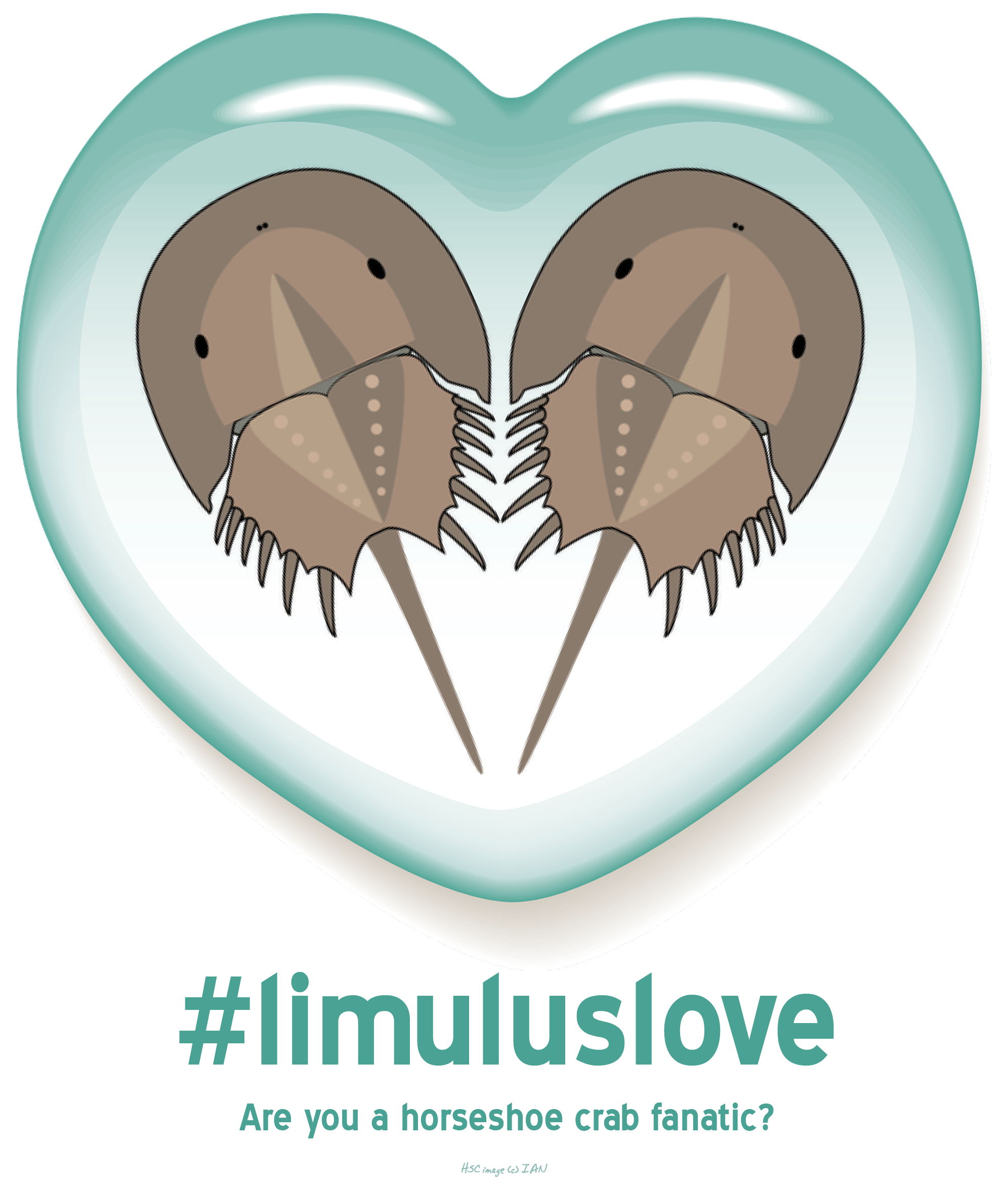Journalists and colleagues are not the only ones reading your blog posts. The internet is home to where our nation’s kids are uncovering the answers to homework. But, they are also using the internet to learn more on what sparked their curiosity whilst investigating the world beyond-the-monitor. As an unanticipated consequence your amazing fact-filled posts, peppered with personal experience, are inspiring a new generation into fields in science, technology, engineering, or mathematics (STEM). It does not seem as though this is news to anyone since the response to the contributions of ‘This is What a Scientist Looks Like’ is amazing! More to my point – I ask you – the estimable Online Science Writing Community – to take advantage of the influence you have on the impressionable youths of this wonderful planet while sharing your knowledge online. Like it or not – they’re reading, but the good news is that they’re remembering and sharing what they read.
Sure your research is sent off to decisions makers to be reviewed. What if we also cut out the middle man and used your own voice to affect change? You’ve exposed surprising evidence that things we could do or don’t do day-to-day would vastly improve our lives and give our planet a more sustainable future. I’d be so much more apt to listen to a blogger than someone who was telling me that I had to do something because it’s now a law or a mandate. Even if this is something that you already do from time-to-time – keep doing it because your perspective is priceless. And if you don’t – why not?
Much of the advice that Nancy Baron proposed to scientists interested in sharing their knowledge in her book, A Guide to Making Your Science Matter: Escape from the Ivory Tower, would translate well when communicating to, not only journalists and policy makers, but also teenagers, young adults, and the curious non-STEM professional public. For instance, “start thinking about what the journalist and his or her audience needs from you: clear, concise, conversational answers“, “Stepping outside your comfort zone to reach can have tremendous payoffs“, and “While dealing with backlash is no fun, many scientists agree that the end result is often worthwhile“.
Yes, this might mean you have to come up with a pseudonym because a grant would be pulled if you were contradicting a sponsor. But, often times having an opinion can be harmless. Take the opportunity to not only feed the public’s thirst for education with with your own personal style, but also make gentle suggestions to mold the young audience into becoming environmentally-responsible citizen. My hidden agenda might not be much of a surprise here, but I am asking you – the Online Science Writing Community – to be an influential part the environmental education (EE) movement.
What is environmental education? To me, environmental education is a holistic approach of science in practicality. But, here are some more comprehensive definitions that encompass the concept.
- Colorado Association of Environmental Education: Environmental education is a life-long learning process that increases awareness about the environment and its systems while developing critical-thinking skills that enable responsible decision-making.
- Program, Classroom Earth: Environmental education is the process, activities and experiences—across disciplines—that lead students to have a greater understanding of how the earth’s resources and natural systems work and interact with each other and with human-made systems.
- Program, Common Circle: Environmental education teaches people about the natural world and how their actions may affect it. This learning may take place in a formal classroom setting or the term may be used more broadly to describe efforts to inform the public about ecosystems and sustainable living.
Given also that the 5 principles of EE are awareness, knowledge, attitudes, skills, and participation (Tbilisi Declaration, 1997), it would seem as though any blogger with a bio that integrates 1) why you are passionate about your STEM field, 2) what led you to that field, and 3) how you’ve made an impact on the field would therefore be the perfect person to continue to share important outcomes to readers for the all-inclusive EE approach. I understand that often research cannot be shared until published, but I can say that I would be much more apt to make personal decisions about my day-to-day life from the responsible people that conducted the research rather from those that regurgitated it.
Thank you to all of the hard working scientists that share your lab and field adventures online. I will continue to be amazed by your dedication and conviction. You have a unique voice and a head full of ideas worth sharing. You have the ability to affect change and I remind you to take advantage of it.
“The ideal scientist thinks like a poet, works like a clerk, and writes like a journalist.” – E.O. Wilson
“It’s not what vision is, it’s what vision does.” Peter Senge, The Necessary Revolution







What people are saying …